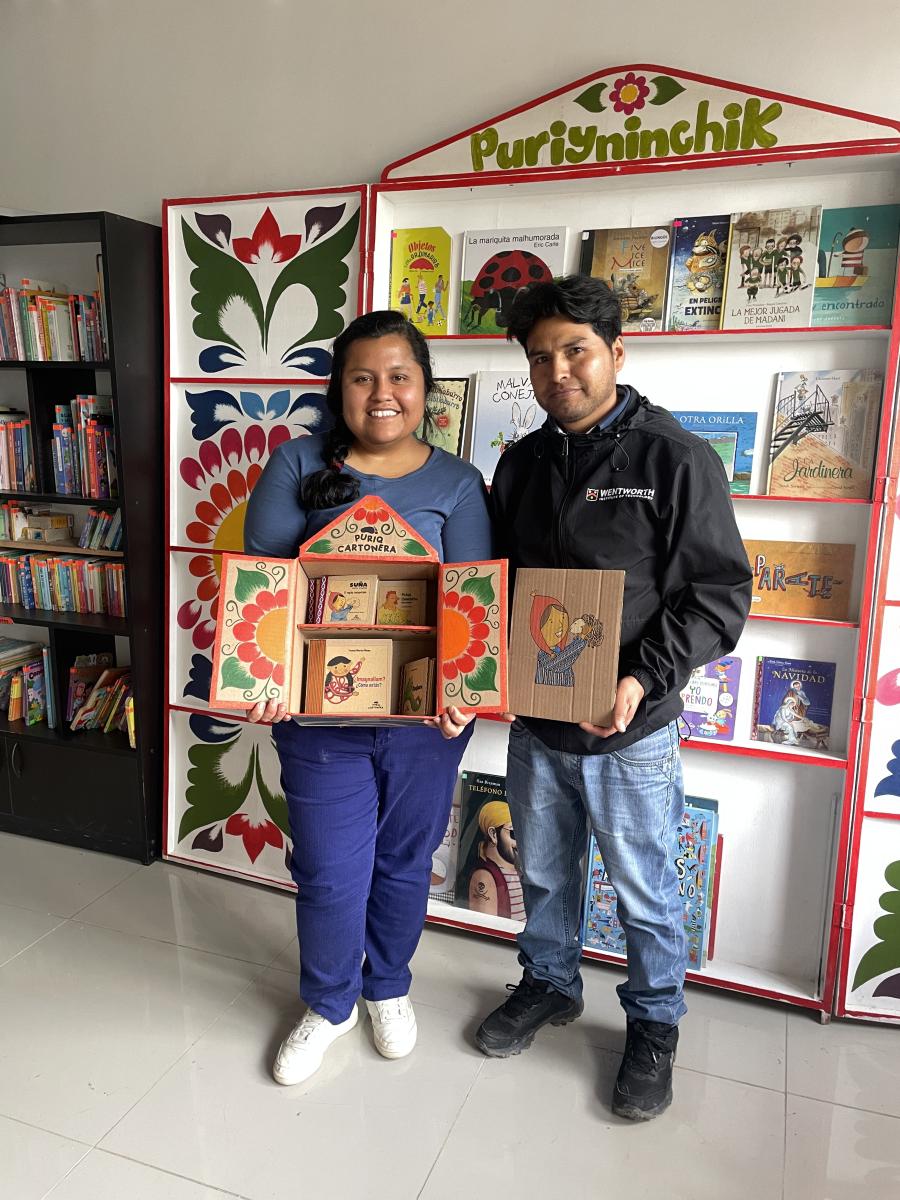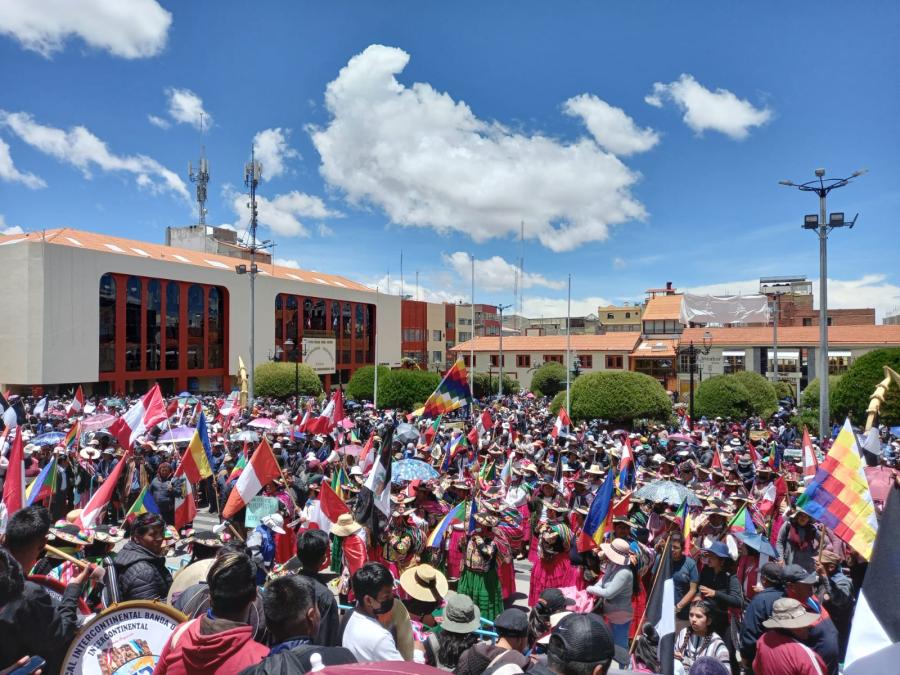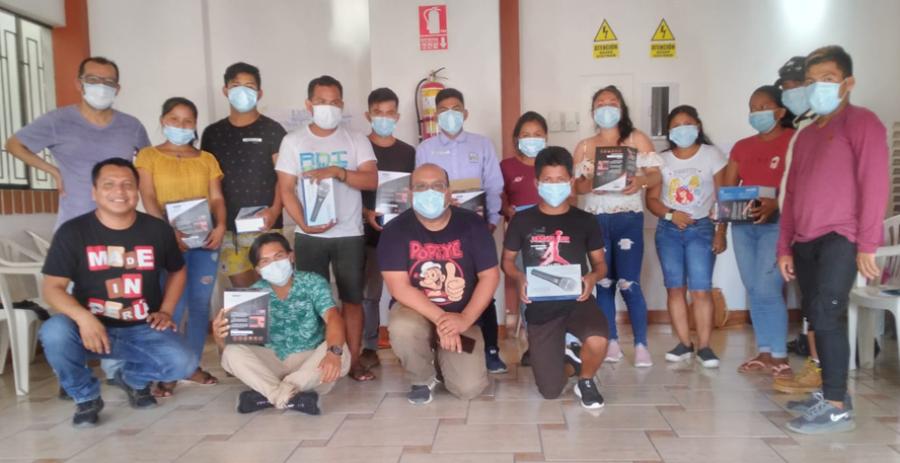
Last year the Peruvian government declared three environmental states of emergency in the northern Peruvian Amazon – the Pastaza, Corrientes, and Tigre river basins. Ever since, they have been forced to confront the huge environmental problems affecting people's health and well-being there, especially in oil block 1AB. Situated in the Loreto region and exploited by Pluspetrol Norte, the block was found to have life threatening levels of heavy metals and hydrocarbons present in the soil and water, in some cases exceeding water quality standards by 352 times the allowable levels. In response to this, a Multi Sectorial Commission was established to implement environmental and social solutions. Yet, since then nothing has changed, and the men, women, and children of the affected indigenous communities are still consuming heavily contaminated water.
In the beginning of April 2014, the Multi Sectorial Commission was replaced by a new mediating body charged with facilitating dialogue among the different stakeholders in the region, now called Multi Sectorial Commission for the Development of the Pastaza, Tigre, Corrientes, and Marañon rivers in the Loreto Department (Resolución Suprema N° 119-2014-PCM). However, indigenous organizations FEDIQUEP, ACODECOSPAT, and FECONAT all stated on April 28th in a letter sent to the Presidency of the Ministries that they will not participate in said dialogue as long as their demands calling for immediate action toward solutions are not met. Two days later, during a session of the Parliamentary Commission for Indigenous People in Lima, the President of FEDIQUEP, Aurelio Chino Dahua, announced a peaceful mobilization of the Quechua people in Pastaza.
 The Peruvian government, in an attempt to turn the tide of dissatisfaction arising from the affected communities and their leaders, declared all four river basins as being in a state of sanitary emergency. This should make it possible to quickly invest about 160 million PNS (more than $57 million USD) in measures that will provide clean water filtration systems to sixty-five indigenous communities in the affected regions.
The Peruvian government, in an attempt to turn the tide of dissatisfaction arising from the affected communities and their leaders, declared all four river basins as being in a state of sanitary emergency. This should make it possible to quickly invest about 160 million PNS (more than $57 million USD) in measures that will provide clean water filtration systems to sixty-five indigenous communities in the affected regions.
While this news comes as a relief for the sixty-five communities that will benefit from this aid, it will only affect a fraction of the people who are suffering daily as a result of this widespread environmental contamination in the region. Until these promises are transformed into action, the Quechua people have no choice but to keep on consuming the contaminated water. Until there is a viable alternative, the peaceful mobilization announced by FEDIQUEP President, Aurelio Chino, will continue.



